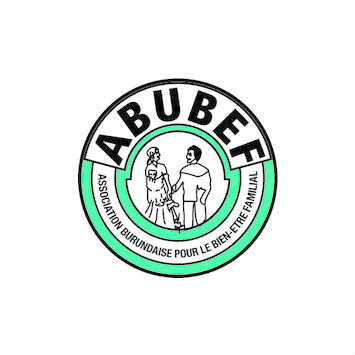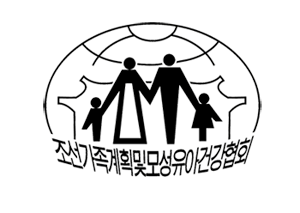

| 31 March 2016
Association Burundaise pour le Bien-Etre Familial
Set up in 1991, the Association Burundaise pour le Bien-Etre Familial's (ABUBEF) original mission was to deliver family planning. Over 20 years later, the organization operates a large number of services across a broad range of sexual and reproductive health and rights (SRHR) needs, including prevention and management of HIV and AIDS, youth-friendly counselling and education, pre-marital counselling, and antenatal and post-natal care. It accomplished this through 18 service points, including static and mobile clinics, and community-based services. An estimated 80% of its clients are poor, marginalized, socially excluded and/or under-served. Particular beneficiaries of ABUBEF’s services include young people living with HIV and AIDS, internally displaced persons, women of child-bearing age, sex workers, drug users and street children. ABUBEF delivers its service through a dedicated team which includes 81 staff, nearly 500 volunteers, 75 peer educators and well over 1,000 community-based distributors (CBDs). Their commitment to ABUBEF is crucial to the nation’s current and future sexual and reproductive health. ABUBEF’s partners include donors such as UNFPA, FHI, CARE and CNLS, and it works together with organizations including Réseau National des Jeunes Engagés pour la Lutte Contre le Sida (RENAJES) and the Association pour la Promotion de la Fille Burundaise (APFB). Website: http://www.abubef.org/

| 31 March 2016
Korean Family Planning & Maternal Child Health Association of DPRK
The Democratic People’s Republic of Korea (DPRK): Family Health Association of Korea (FHAK) formerly Korean Family Planning & Maternal and Child Health Association (KFP&MCHA) was established in 1990. Family Health Association of Korea is actively supported by the government to diversify family planning services and to improve their quality. One of the major challenges is geographic inequality. 80% of the country’s land mass is mountainous, with mining constituting a major industry. Large numbers of people live in this area, working in coal and mineral mines and forest stations. Fertility rates are much higher than in large urban areas, the contraceptive prevalence rate is much lower, and the number of trained family planning advisers is limited. FHAK has targeted these people with reproductive healthcare and information, education and communication (IEC) programmes. Contraceptive prevalence has increased, and the method mix has shifted significantly from IUD to pills, condoms and sterilization. In 2010, FHAKdelivered 538,000 condoms and 138,000 sexual and reproductive health services through 17 service points, including 9 permanent clinics and 8 mobile facilities. The Democratic People’s Republic of Korea (DPRK): Family Health Association of Korea (FHAK) is actively supported by the government to diversify family planning services and to improve their quality. One of the major challenges is geographic inequality. 80% of the country’s land mass is mountainous, with mining constituting a major industry. Large numbers of people live in this area, working in coal and mineral mines and forest stations. Fertility rates are much higher than in large urban areas, the contraceptive prevalence rate is much lower, and the number of trained family planning advisers is limited. FHAK has targeted these people with reproductive healthcare and information, education and communication (IEC) programmes. Contraceptive prevalence has increased, and the method mix has shifted significantly from IUD to pills, condoms and sterilization. In 2010, FHAK delivered 538,000 condoms and 138,000 sexual and reproductive health services through 17 service points, including 9 permanent clinics and 8 mobile facilities.







